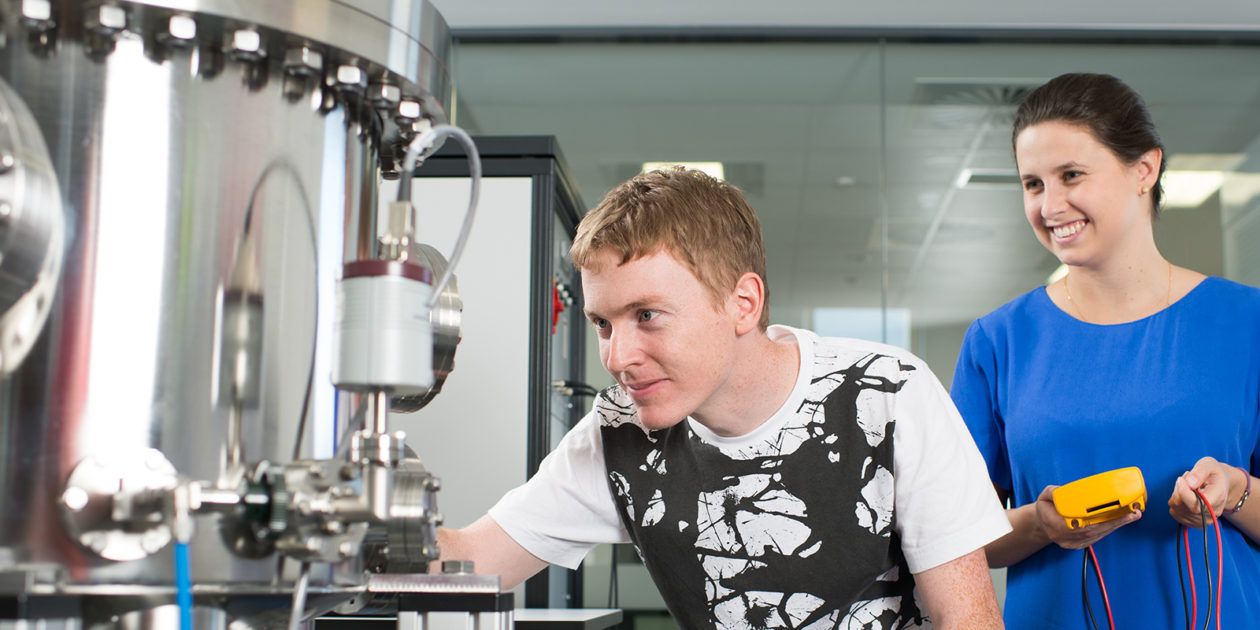Overview
Overview
This course provides you with both a multidisciplinary education and hands-on training in petroleum engineering.
Upon obtaining your master degree, you will be prepared to work as part of the upstream oil and gas industry. Units such as formation evaluation, field development planning and petroleum economics will prepare you to get involved in technical and managerial areas in particular.
Please refer to the handbook for additional course overview information.
What jobs can the Master of Petroleum Engineering course lead to?
Graduates find work as fully qualified petroleum engineers in the upstream oil and gas industry.
What you'll learn
- apply knowledge of petroleum engineering to the design and execution of petroleum wells and production facilities to optimise hydrocarbon production from subsurface reservoirs in a safe, clean and efficient manner; develop feasible field development planning and broaden the perceived knowledge of petroleum engineering through research activities
- approach Petroleum Engineering problems in a logical way; analyse various scenarios critically; and employ system thinking, creativity and reflective practices to formulate an optimum and practical solution to relevant problems
- demonstrate the ability to access, evaluate and synthesise information, from a range of sources, using a variety of methods and appropriate technologies. Justify evidence based conclusions for problems relevant to the practice of petroleum engineering
- work clearly and concisely, to communicate engineering findings effectively, to a professional standard appropriate to a trans disciplinary and varied audience, for a range of purposes and to a professional standard
- use technological resources to effectively collect petroleum production and exploration information; recognise their capabilities and limitations and use appropriately for upstream petroleum engineering applications
- evaluate one’s own learning and development needs, set and achieve self-learning goals and develop strategies to maintain currency in professional practice
- recognise the local and global nature of the oil and gas industry and its relationship to and impact on international energy supply and demand issues; evaluate issues from a variety of perspectives and apply international standards and practices within petroleum engineering to participate effectively in a global environment
- recognise the impact and importance of cultural diversity in the implementation of engineering projects; operating with a respect for, cultural perspectives and practices
- demonstrate professional integrity and ethical behaviour at all time in the planning, conducting and reviewing of engineering projects, both when working independently and in teams. Demonstrate leadership qualities and responsibilities when required

